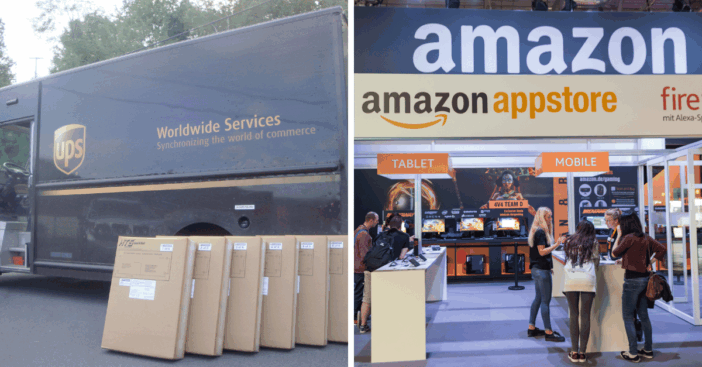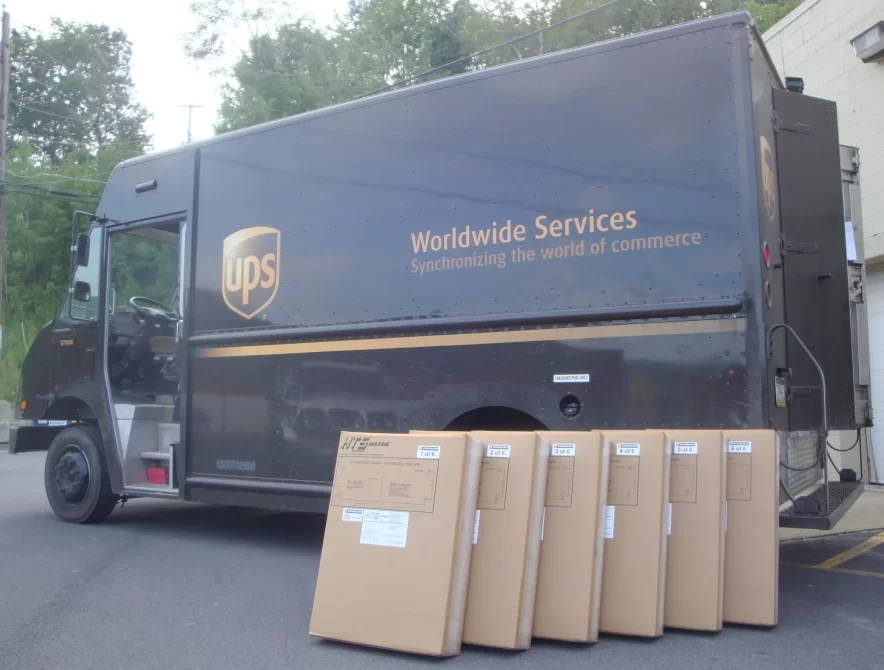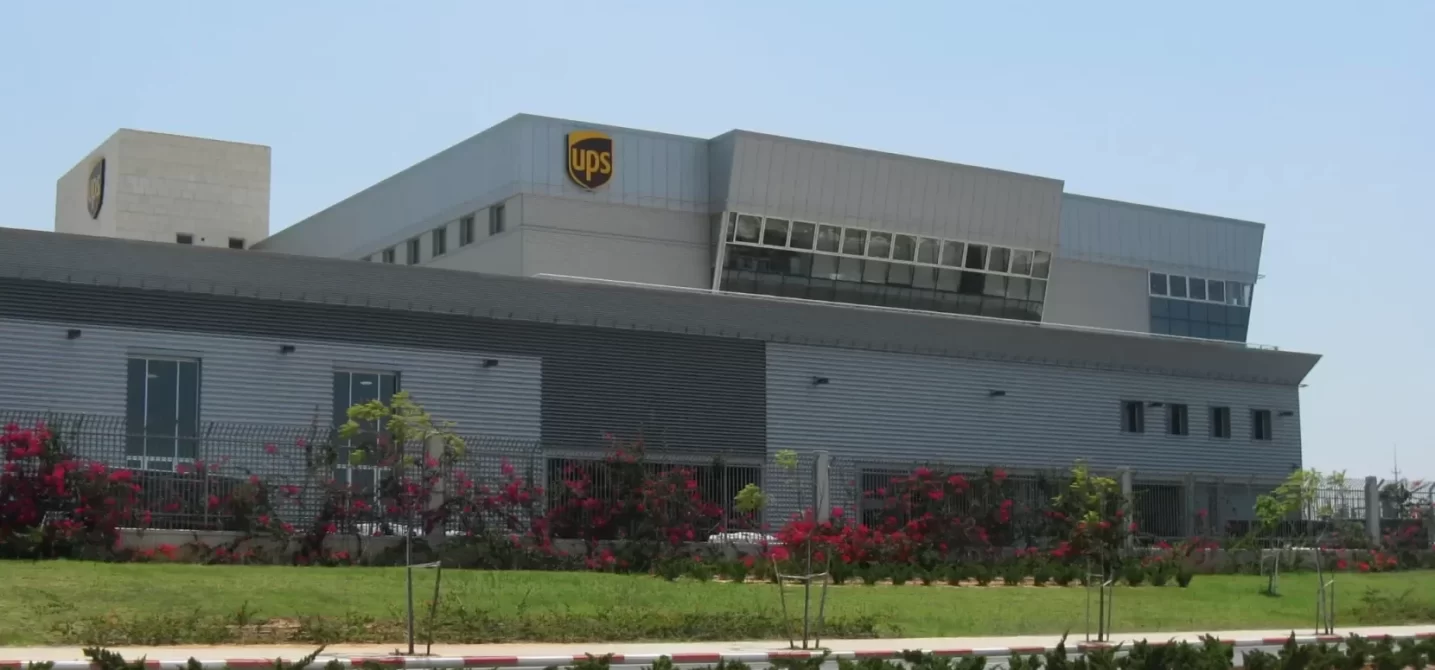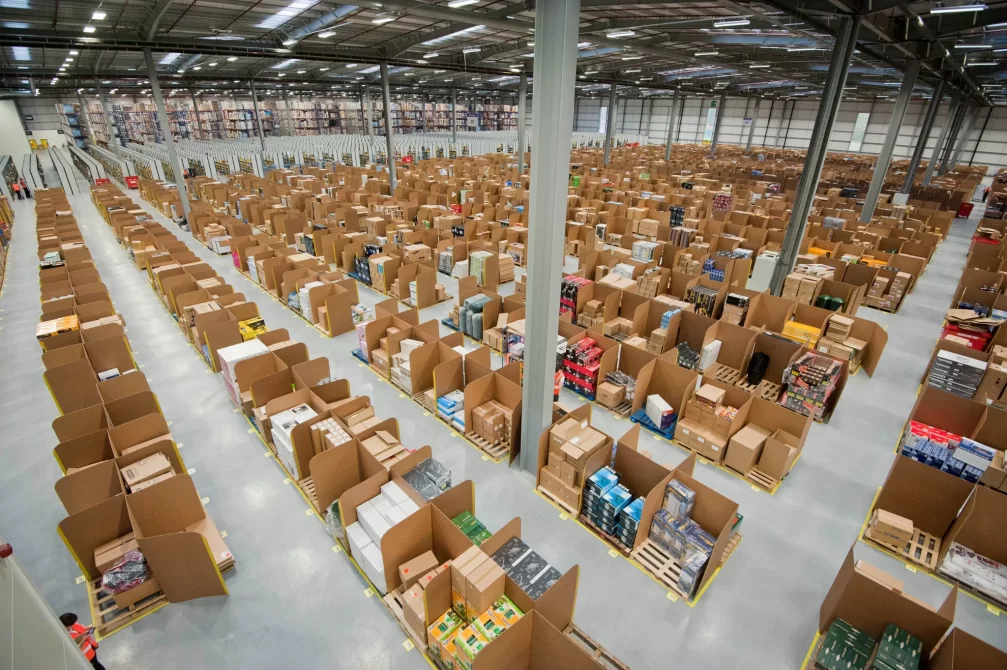
Businesses all over the country are bracing themselves for the impact of the president’s newly imposed tariffs, which have continued to disrupt the dynamics of trade in the United States and around the world. The tariffs have caused supply chains to become disorganized, leading to a rise in operational costs for various industries, thus compelling them to rethink their financial plans to preserve their competitive edge.
United Parcel Service (UPS), a significant player in the logistics and shipping industry and one of the businesses being affected, recently announced a significant strategic decision in response to the changing nature of the trade landscape.
UPS announces job cuts due to reduced shipments from Amazon

Responding to the dwindling number of shipments from its largest customer, Amazon, as well as other economic challenges, UPS recently announced a major reorganization plan that includes the cutting of 20,000 jobs and the closure of about 73 of its facilities. The decision was made to simplify processes and boost the company’s profitability in the face of declining demand and growing running expenses. During a high-level managerial meeting that took place on Tuesday, April 29, UPS Chief Financial Officer Brian Dykes provided an overview of the plan. He stated that by streamlining its staff and consolidating its infrastructure would boost the company’s financial position. A total of $21.5 billion in savings is anticipated to be generated as a result of the cut down in workforce that is scheduled to commence later this year. These savings will be redirected into company divisions that create a higher profit.
Reacting to the company’s announcement, Sean M. O’Brien, the Teamsters general president, revealed that UPS is legally bound by their national master agreement to create 30,000 Teamsters jobs, a commitment that the union expects the company to uphold. He explained that although the Teamsters have no issue with UPS simplifying its corporate management structure, any attempt to undermine the contract or eliminate well-compensated union jobs would be met with strong opposition as the union is ready to fight a major battle to preserve the hard-earned positions of its members, signaling a zero-tolerance approach to contractual violations or job cuts targeting Teamsters workers.

Carol Tomé says cutting Amazon’s shipment volume will help the company
UPS announced earlier this year intentions to drastically lessen its reliance on Amazon by lowering its shipment volume with the massive online retailer by more than 50% by mid-2026. Though Amazon is UPS’s biggest customer, accounting for 11.8% of the company’s total income, Carol Tomé, the CEO, said there is a need for diversifying the company’s client base to improve financial security to combat the approaching economic instability in the United States. They added that by trying to lower UPS’s reliance on Amazon, the company aims to increase flexibility in its operations, thus enabling it to successfully navigate potential issues and take advantage of future opportunities in the logistics sector.

Though UPS has seen some effects from the current administration’s tariff, especially the 145% taxes on Chinese imports, the overall effects are yet unknown. While consumers mostly dependent on Chinese trade do not intend to leave the market, Tomé clarified that many are unsure about their next actions and are hopeful for a possible tariff rollback, noting that UPS recognizes the general uncertainty surrounding the implementation and lifetime of these tariffs, so complicating long-term planning. Consequently, the company expects the second quarter’s inc to be lower than last year’s, which is mainly attributed to tariffs and less reliance on Amazon. Notwithstanding these difficulties, the CEO stated that the company has not yet changed its projection for the year but issued a strong warning that should tariffs continue to influence U.S. customer behavior, other changes may become necessary.
